Cybersecurity with Confidence
IT & Security services that protect your organisation against the growing threat landscape
PENETRATION TESTING | VULNERABILITY SCANNING | SECURITY AWARENESS TRAINING | SOCIAL ENGINEERING | THREAT MONITORING | INCIDENT RESPONSE | MANAGED SECURITY
HERE FOR YOU
Why Threat Protect
Threat Protect's approach to everything we deliver focuses on people, processes, and technology. Knowing your business from the core helps us to deliver a security culture from the ground up. As your security partner, we will be dedicated to providing a proactive service to keep your business and clients safe from emerging threats.
People
Process
Technology
“The way in which Teachers teach and students learn is quickly evolving. As a result we need to stay ahead of the game and find a way to enable our teachers and students to facilitate effective learning methods. It was clear that we needed to enhance our security which Threat Protect helped make a simple and stress-free process, identifying and resolving a number of areas where we could improve our security posture, enabling our teachers and students to operate in a secure environment.”
Tim Farr, Director of IT
Sherborne Girls
Better Protected
From your challenge
To real solutions
Threat Protect are an extension of your IT team.
Collaboratively defining success criteria through technologically agnostic expert advice and consultancy.
Collaboratively defining success criteria through technologically agnostic expert advice and consultancy.
STEP 1Your Challenge
Establishing the baseline and identifying any existing and potential threats to you and your IT network, and infrastructure.
STEP 2Your Objectives
Working together to define the success criteria and build a project timeline - whether it's achieving certification or improving cyber resilience
STEP 3Our Expertise
Providing specialist guidance and consultancy to optimise your security posture by identifying the best solutions to meet your needs
STEP 4Your Success
Ensuring that success criteria and expectations are met, leaving your organisation in a stronger, more secure position at optimal time and cost
LET'S TALK
WE ARE ALWAYS
HAPPY TO HELP
Come and visit us or simply send us an email anytime you want.
WHAT'S NEW?
Knowledge Hub
archTIS and Threat Protect Announce Partnership
Threat Protect partners with archTIS to deliver advanced information security to enterprise and government organisations across the United Kingdom CANBERRA and LONDON– February 7, 2022 – archTIS and Threat Protect today announced a new partnership to add archTIS’ attribute-based access control (ABAC) information security solutions to Threat Protect’s comprehensive range of security solutions and services....
The Top Priority for IT Security in 2022
Where did the last 12 months go? It’s fair to say that 2021 has been a bit of a whirlwind year that has brought plenty of ups, downs and challenges. It’s this time of year where we can sit back and reflect, as well as look ahead to what the new year will bring. With...


